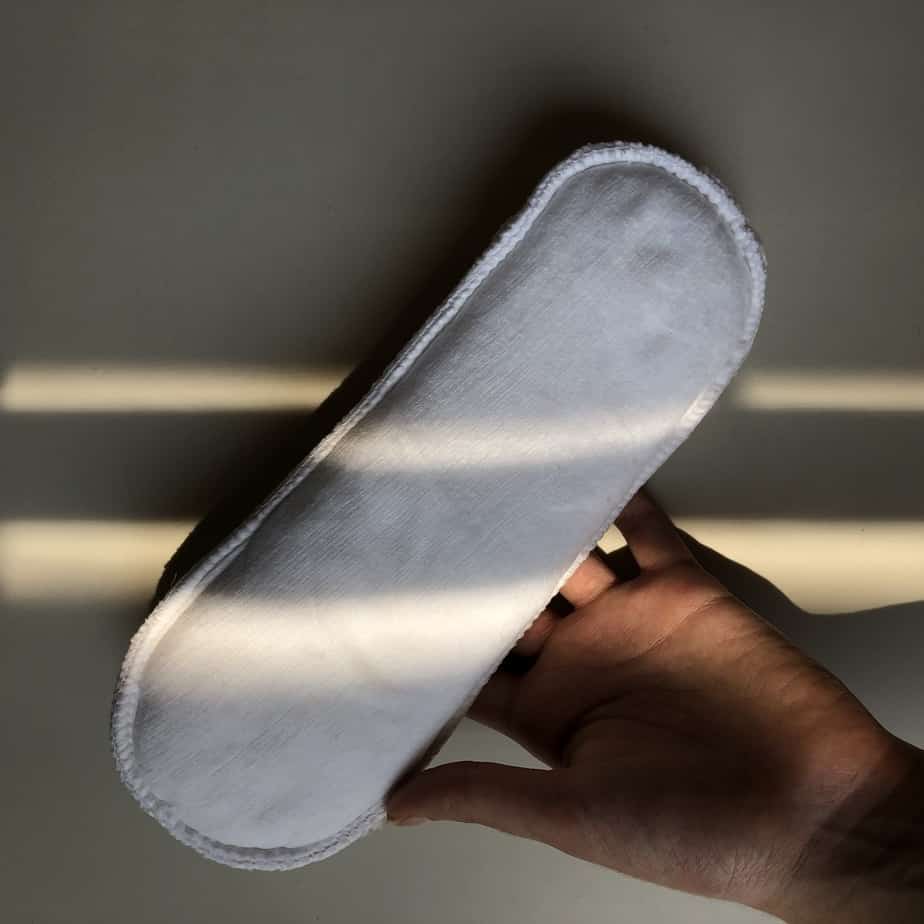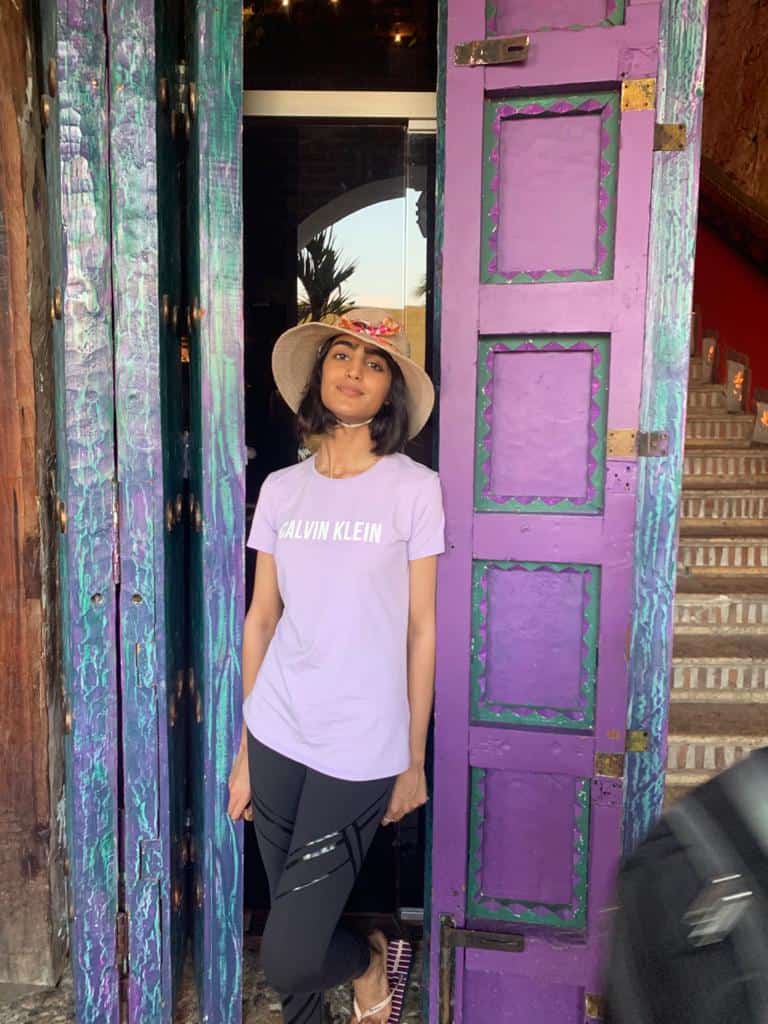We believe that businesses should be supported, encouraged and celebrated. That’s why every month, we are going to choose a business that we feel deserves the limelight. Keep reading to find out more about the startup for this month and the innovators behind it – let’s all lift each other up:
Menstruation is a topic that is shied away from in society. Similarly, we don’t talk enough about eco-friendly alternatives to products. Daisy however, is here to change both those things. Not only are they committed to increasing the conversation around menstruation, but they manufacture biodegradable sanitary pads which can help in reducing our overall ecological footprint. The Daisy team itself consists of medical students from AKU who are passionate and motivated to bring a change in the mentality of our society, while offering a product that is affordable to the masses. We had a conversation with their founder, Wardah Rafaqat, to learn more about this inspiring startup. Keep reading to see what she had to say:

Q: Tell us about Daisy. What inspired you to start it?
Wardah: During high school, I slowly become aware of the inequalities that exist in our society and the different ways in which they manifest themselves. One of the biggest disparities that existed was access to menstrual hygiene products, or even information about menstrual hygiene. I understood that larger mechanisms were responsible for this but, I wanted to contribute in whatever way I could.
I would also see how there would be heaps of trash with sanitary hygiene products intermixed with them. These products would become a source of spread of numerous infectious diseases.
Q. Besides being biodegradable, what else sets Daisy sanitary pads apart from other brands?
Wardah: Unlike other products available, the absorbent layer of Daisy pads does not undergo harsh bleaching procedures that would result in the production of a toxic substance known as dioxin. Therefore, they are healthier for use. The pads also have a soft upper layer that feels comfortable against the skin, especially in hot temperatures. Lastly, the pads use local materials and workforce and aim to support and grow the local small-scale industry.
Q. How are you able to keep the price of your products more affordable than other similar products on the market?
Wardah: Daisy is a non profit organisation and we only charge for the cost of the products and labour that goes into the production of the sanitary napkin. For projects conducted with women from low income households, the cost is subsidised further in a sustainable manner. We also strategise other services such as transport to minimise costs. The only thing we do not compromise on is the quality of the products.
Q: Why is it important for us to incorporate eco-friendly products in our daily lives?
Wardah: Every year we generate tonnes of waste which pollutes our oceans and lands for several generations to come. It is important to begin reducing this impact now so that we don’t disturb the natural ecosystem for ourselves and for future generations!
Q: While trying to educate people on menstruation and the importance of biodegradable pads, what are some of the challenges you’ve faced? Are there any common misconceptions?
Wardah: There are several myths rampant in our society such as not bathing while being on your period or restricting diet even. We work to create awareness and bust these myths. However, so far we have always felt that once the group we are targeting warms up to us, they are very receptive and willing to learn. Of course, the medical background I have helps!
Q: Why are eco-friendly menstrual hygiene options still so uncommon?
Wardah: Unfortunately, awareness about the environment has only increased recently and companies have not received that push from consumers to switch over to the slightly less profitable option of biodegradable products. However, perhaps they won’t be as uncommon 20 years from now. Fingers crossed!
Q: What can we do as individuals to fight the stigma around periods?
Wardah: We can normalise discussing it by beginning with simple conversations that treat it as a normal everyday health topic. Moreover, we can support local initiatives that aim to reduce the stigma and spread awareness through donations or by volunteering. Lastly, we can read up to ensure that our information about menstrual hygiene comes from reliable sources only!
Q: Is there any significance behind the name Daisy? What made you decide to choose this name?
Wardah: I would like to suggest that there is a deep meaning attached to the name since the flower represents purity and new beginnings. However, it was just a whim! The original name of the organisation was Nisa but we thought to change it due to the religious connotations of the word and Daisy came up.
Q: Where do you hope to take Daisy in the future?
Wardah: We hope that Daisy will grow sustainably. We recently launched an online platform where individuals can order the pads and have them delivered. All of the profit we earn goes back into the organisation. We hope to see this platform grow so that Daisy can sustain itself and benefit the environment as well as the local community.
Moreover, we have recently expanded the locations that we hold menstrual hygiene camps at and supply sanitary napkins within, and we would like to see an even greater increase in these locations.
Q: As a female entrepreneur, what are some of the challenges you’ve faced and what have you learnt along the way?
Wardah: Daisy today looks very different from what I envisioned it to be when I started out around 4 years ago. My biggest lesson along the way has been to continue to persist and evolve. There were multiple moments along the way when the plans I had so carefully laid out wouldn’t work out. In those moments, it was just persistence that made me sit back and reevaluate and change; a process that is as uncomfortable as it is necessary.









What do you think?
You must be logged in to post a comment.